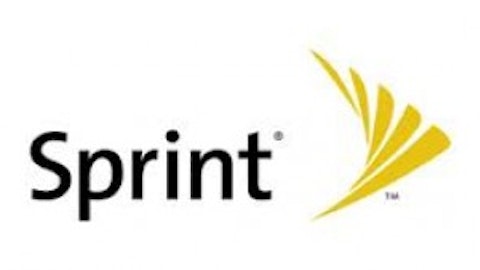Wall Street spent the opening weeks of this year bemoaning the underwhelming quarterly performance of Apple Inc. (NASDAQ:AAPL), but they have been quick in pivoting to happier tidings. The news that Google Inc (NASDAQ:GOOG) had exceeded market expectations drove the stock to a new 52-week high at $786.67, showing that this giant is still capable of growth. Both these market reactions are based on the same metric: growth (or lack thereof) in the core business.


What is the obvious lesson we can draw from Nokia’s failure? That disruptive innovation, not sustaining innovation is what defines a tech company’s long term outlook. I know it seems like a simple enough thing to remember, but it is very easy to get lulled into a false sense of security by current metrics of performance and forget the awesome power that disruptive innovation can have on an industry. That being said, let’s take another look at the long-term outlooks of Apple and Google Inc (NASDAQ:GOOG).
Apple
As I said above, Apple has used the power of innovation to great effect in building a brand and a company that is synonymous with elegance, functionality, and cutting-edge technology. The iPod, iPhone, and iPad were astronomically better than anything else when they were released so they obviously ruled their niches. Lately, however, their dominance has been challenged by Android-based phones, in particular Samsung’s Galaxy series. It has led to a new saga in the so-called “smartphone wars,” which really is just the free market in action. Competition is what made Google Inc (NASDAQ:GOOG) develop Android; Samsung, the Galaxy; and Nokia, the Windows phones/Surface. It is also what forced RIM to reinvent themselves as Blackberry and introduce the BB10. The end result of this rebalancing is a market now saturated with devices that are near identical in quality, so anyone looking to “win” the smartphone wars must introduce a transformative product, and Apple’s recent record is uninspiring. The iPad-mini? Apple Maps? Neither of them bolster my confidence in Apple’s ability to create a game-changing product without the visionary leadership of the late-great Steve Jobs. Just look at their cash account over the last few years:

Clearly, Apple is on the wrong side of a fine line that separates fiscal responsibility from hoarding idle cash. They’ve kept an intense focus on their principal function by not allowing free-range experimentation from their engineers or adventurous acquisitions into other industries, and they will soon pay the price for it.
Google Inc (NASDAQ:GOOG) has one of the most unique management systems in the world. They are renowned for being able to promote an ethos of ‘innovation for the sake of the innovation’ and then use it to thrive as a business enterprise. After all, they were a web services company that expanded into the mobile devices market successfully with the Android OS. It was a paradigm shift in their business model that came from a willingness to entertain bold ideas, and they do not plan to stop there. One of the most underappreciated factors of Google Inc (NASDAQ:GOOG)’s long term outlook is the driverless car.





